 |
| January 10, 2023 |
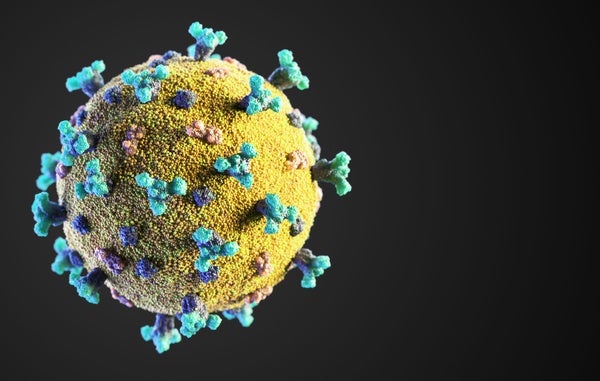 |
| |
| |
| Neurology Here's What We Know about Stuttering Stuttering is a complex neurodevelopmental condition, and learning about its causes will hopefully reduce the stigma surrounding it | | By Xiaofan Lei,The Conversation US | | | |
| |
| |
| |
| |
| |
| |
| Fossil Fuels U.S. Greenhouse Gas Emissions Went Up Again in 2022 Though renewable energy surpassed coal generation for the first time in 60 years, causing U.S. power emissions to decline, emissions from buildings and transportation went up in 2022 | | By Benjamin Storrow,E&E News | | | |
FROM THE STORE
 | | | |
FROM THE ARCHIVE
 | | | |
| |
| |
LATEST ISSUES
 |
| |
| Questions? Comments?  | |
| Download the Scientific American App |
| |
| |





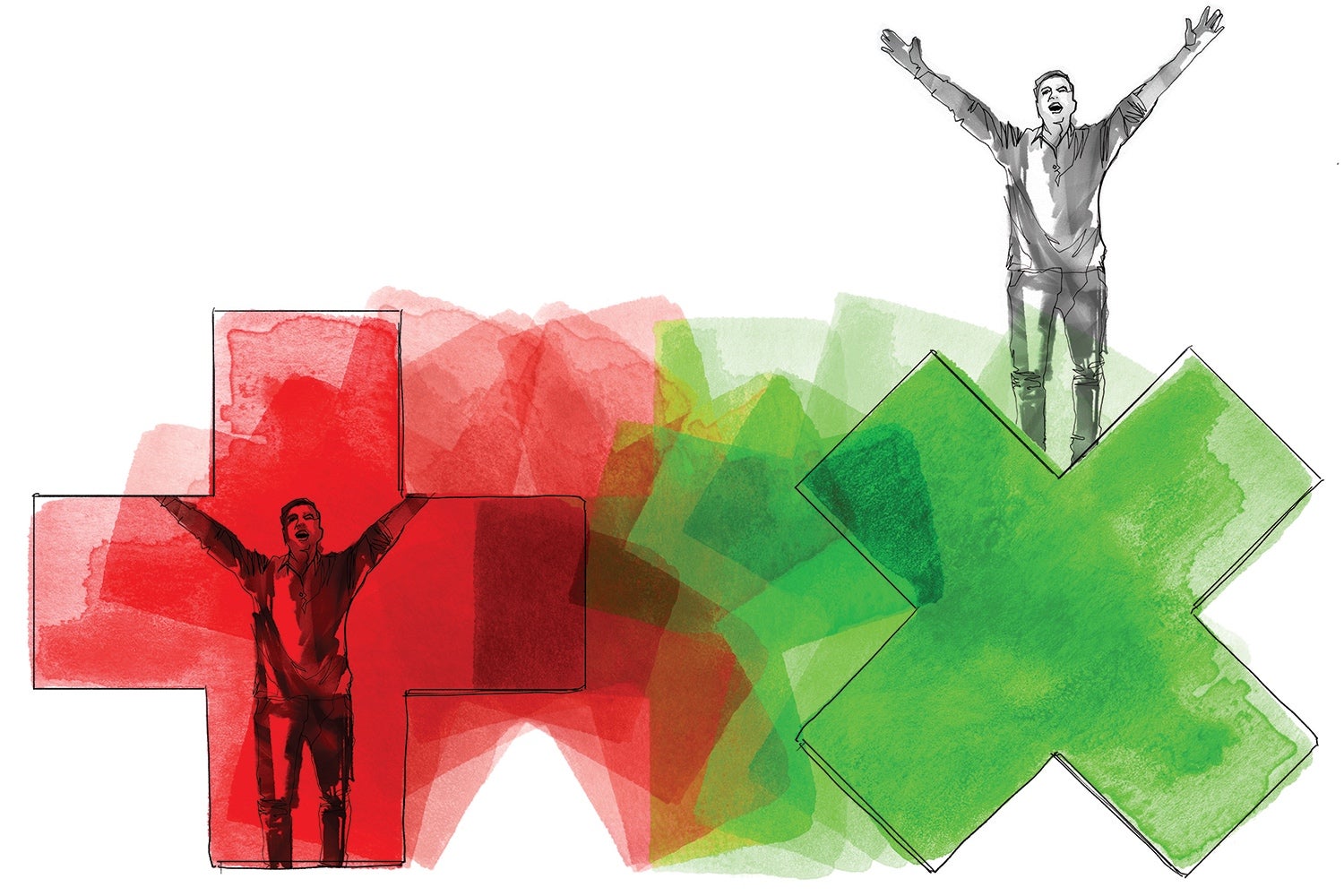
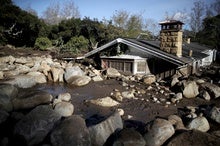
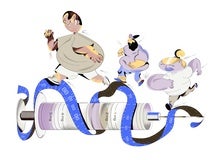
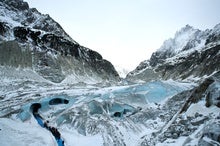

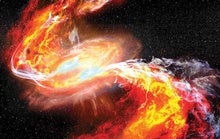

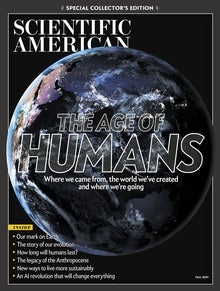


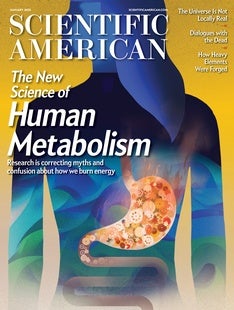

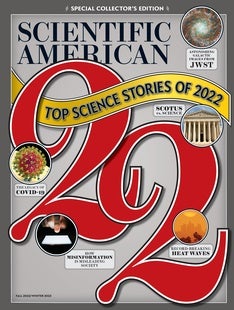
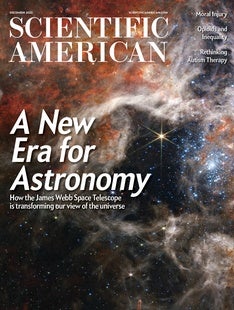
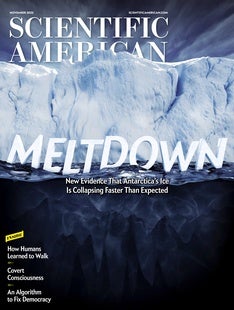



Comments
Post a Comment